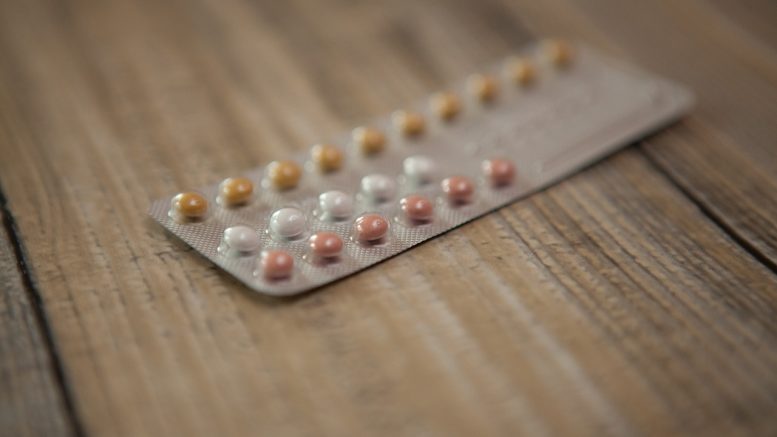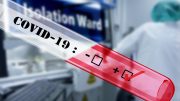On October 26, Journal of Adolescent Health published online their study, which purpose was to evaluate the availability and accessibility of so-called emergency contraception to teens in the United States.
Unfortunately, the results are not satisfying: according to the study, emergency contraception (EC) is not sufficiently accessible or available to teens in Southwestern states. Adolescents still facing roadblocks when they try to purchase “morning after pill”.
The U.S. Food and Drug Administration cleared the access to all people despite their age back in 2013. However, despite the permitting from the FDA, many pharmacies still do not provide their customers with over-the-counter EC.
Jasmine Uysal, research coordinator at the Center on Gender Equity and Health at the University of California, San Diego, who is also the study’s lead author, said, that selling EC over-the-counter was not fully implemented despite the FDA ruling.
Pharmacies statistics
To check if it is easy for teenagers to get an EC, the researchers recruited 15 undergraduate and graduate students (10 women and 5 men) from the University of California. The task for these students was to call pharmacies, pose themselves as 16-year-old teens who had their condom had broken during sex.
Another important part was the time when it happened – “last night”, so it was very important to get ECs as soon as it possible.
According to Journal of Adolescent Health study, during the calls in April and May of 2016, only 28% of all pharmacies that were asked to sell “morning after pill” to a teenager made it simple and did not create any unnecessary difficulties.
Pharmacists told the callers about the “morning-after pills” and answered other questions regarding price, a location of EC in the store and if teens could go to the drugstore on their own.
During the study, almost 1,500 pharmacies in Utah, New Mexico, Arizona and California were called. The researchers saw the difference between the reaction of large drugstore chains (CVS, Walgreens) and individually-owned or small local chains.
67% of individually-owned pharmacies said that the callers may come in on their own. This is 27% less than national chain pharmacies (94%).
Also, only 9% of regional pharmacies said that the emergency contraception is available on a shelf and is not locked or behind the counter. Unlike small pharmacies, 52% of pharmacies from big pharmacy chains have the product available on their shelves.
According to a co-author of the study, Paula Tavrow, one in five pharmacies did not have an EC in the stock at all. It could be a real issue for those teens who live in rural areas.
Conclusion
Aside of availability and accessibility of ECs in the pharmacies, pharmacists may be another reason of why teens might be embraced: 3% of the callers said, that pharmacy specialists asked inappropriate questions regarding name or birth date.
The study is very important since it highlighted real-life barriers that created on the way of adolescents to “morning after pill”. And so, it will be easier to remove them in the future.
One of these barriers is low understanding of how the EC works and lack of training of pharmacy specialists, especially in rural areas.
Despite the wrong opinion, EC does not cause an abortion and works more safely, simply by delaying ovulation. Thus, because of this delay, pregnancy will not develop, since sperm and egg will not meet. It also means, that the sooner the pill is taken, the more effective it will be.





Be the first to comment on "Teens Have Trouble with Pharmacies When Looking for Emergency Contraception"